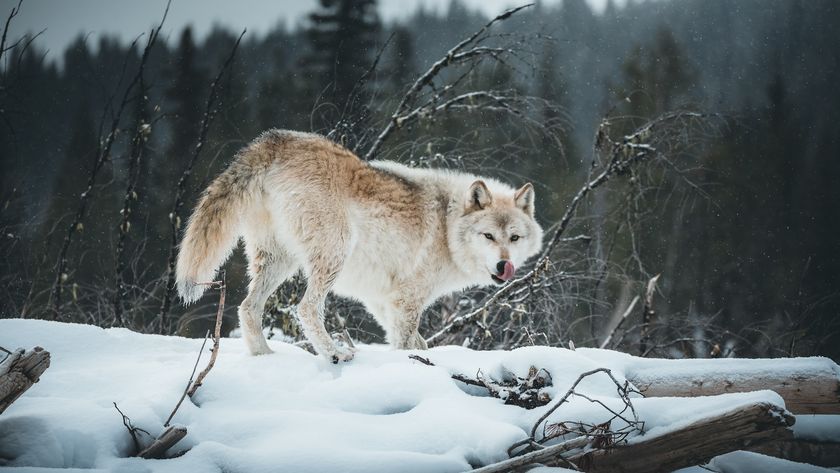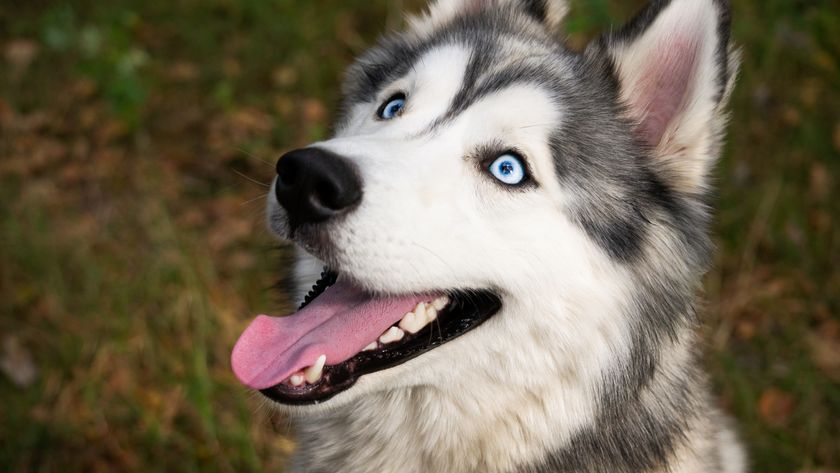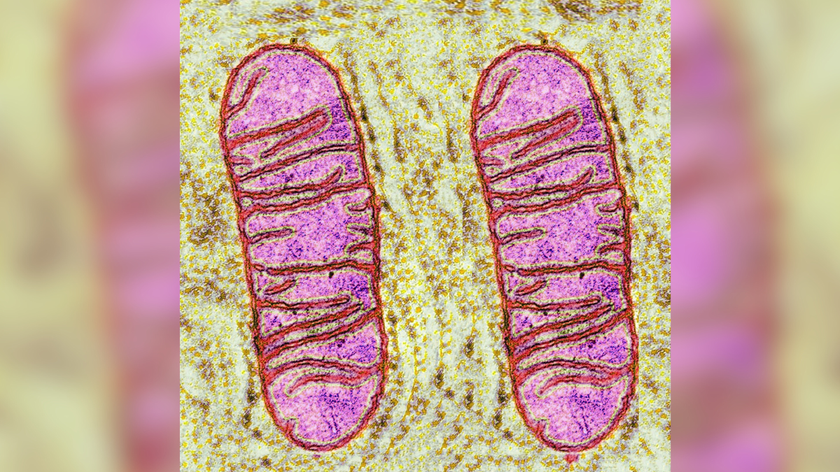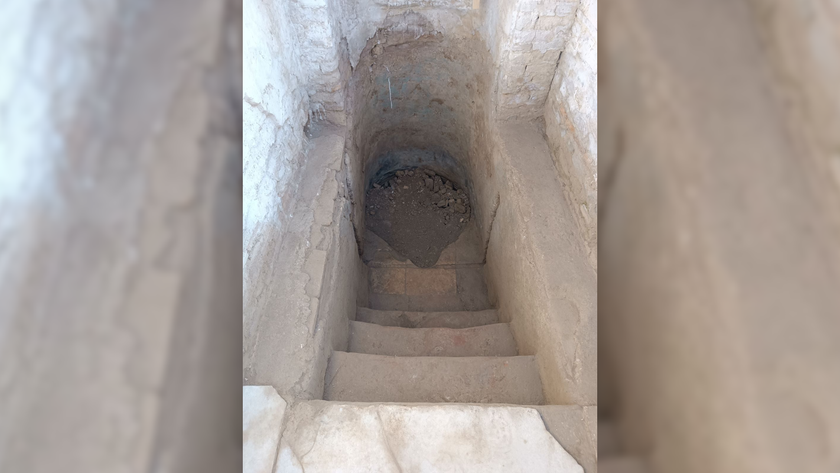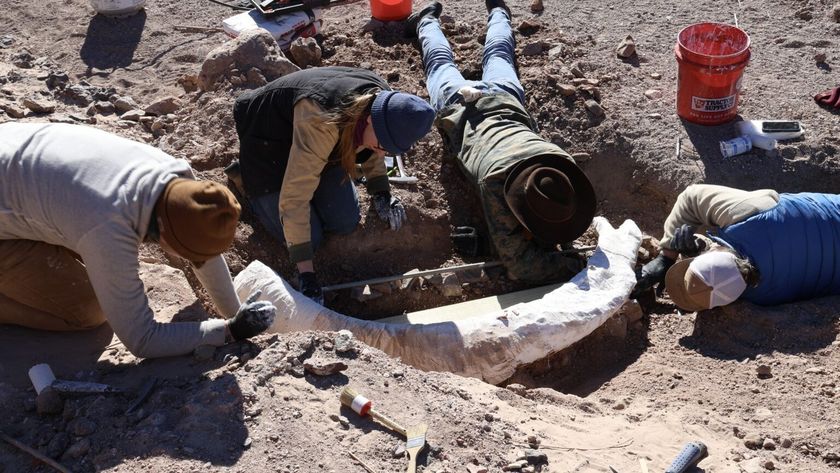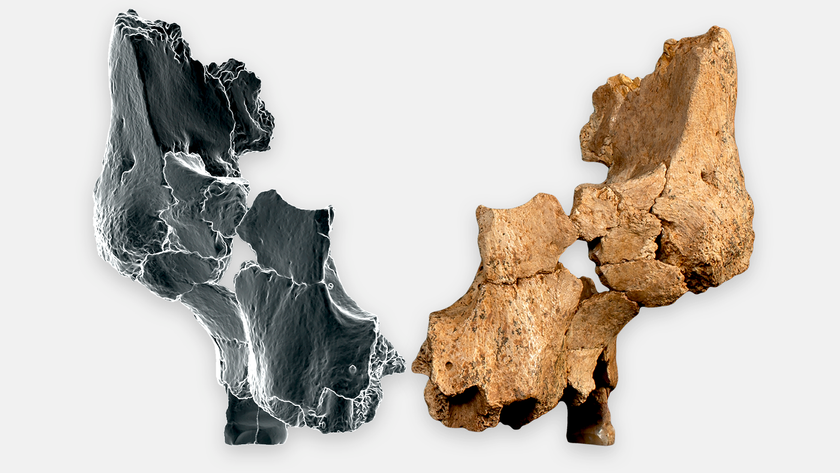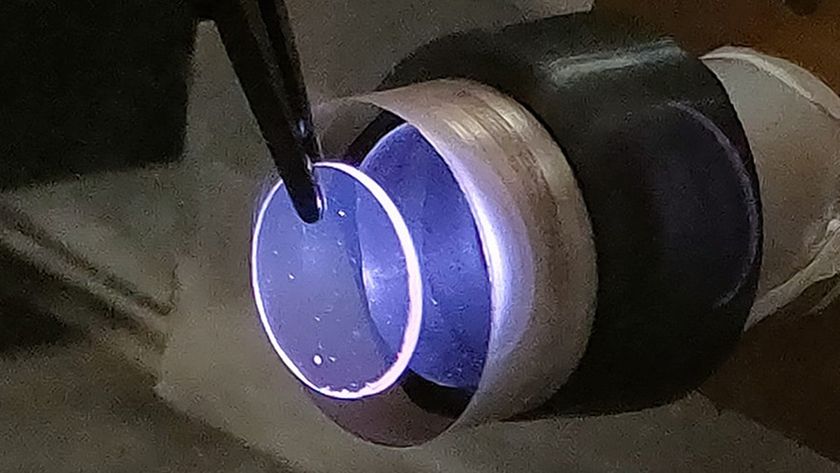Can Police Dogs Really Sniff Out Drugs?
A new analysis by the Chicago Tribune has called into question the accuracy of drug-detecting dogs used during roadside traffic stops. After examining three years of data for suburban departments, the Tribune reported today (Jan. 6) that only 44 percent of sniffer dogs' positive signals led to the actual discovery of drugs or paraphernalia. The Tribune's analysis also shows that among drug alert roadside traffic stops of Hispanic drivers, the sniffer dogs' success rate was 27 percent.
If the dogs are as unreliable as the Tribune's analysis suggests, can police departments really trust sniffer dogs?
Detection dogs, which can also be trained to alert police to the presence of explosives or blood, do not actually find the objects their handlers are searching for – they just give off a signal, such as scratching the ground or sitting down, to show that the contraband's scent is there. And, sometimes, all that's there is the scent.
"Like chalk dust that's left over after beating two blackboard erasers together, the residual particles of narcotics can be left behind," a representative for the New York State Police Department told Life's Little Mysteries. "For example, leftover odor from pot can be ground into the carpet. The dog can still smell its presence, even if there's not enough of the drug there to convict someone."
Related: Why are Dalmatians the official firehouse dogs?
The breeds selected to train as sniffer dogs — typically German shepherds, Belgian Malinois and Labrador retriever breeds — feature not only an impressive sense of smell, but also strong hunting instincts. In the drug detection world, that translates into an extremely high drive to seek out whatever they have been trained to find, according to Anne Wills, owner of Dogs Finding Drugs, a nonprofit that provides certified police canines for private detection services – such as a concerned parent who wants to check their child's room for drugs.
But don't think that the dogs' eagerness to find its target and please its master could be behind the false detections. "The dogs' strong desire to hunt drives them to seek out what they've been trained to find, so they do not falsely signal in order to get a reward," Wills said. "In their minds, finding traces of a drug is the reward."
Sign up for the Live Science daily newsletter now
Get the world’s most fascinating discoveries delivered straight to your inbox.
"These dogs and their handlers undergo extensive training for months in order to be certified, because they work as a team," Wills continued. "If I've got a dog that's not successful, it's because the dog was trained wrong or is the wrong dog for the job because of its work ethic and determination to hunt. Unsuccessful searches can also be the result of an improperly trained handler. Both handlers and dogs have to be well-trained because they are a true team."
States have varying certification and follow-up testing requirements to ensure that sniffer dogs continue to detect drugs accurately. Some states retest the dogs and their handlers (dogs typically stay assigned to the handler they were trained with and the team gets retested together) once every three years, while require annual or biannual tests.
Rather than grading dogs and handlers by success rate, they are tested on a strict pass or fail basis. Initial training of the team takes approximately five months, at the end of which they are tested, and follow-up tests take about a week, according to the NYPD.
